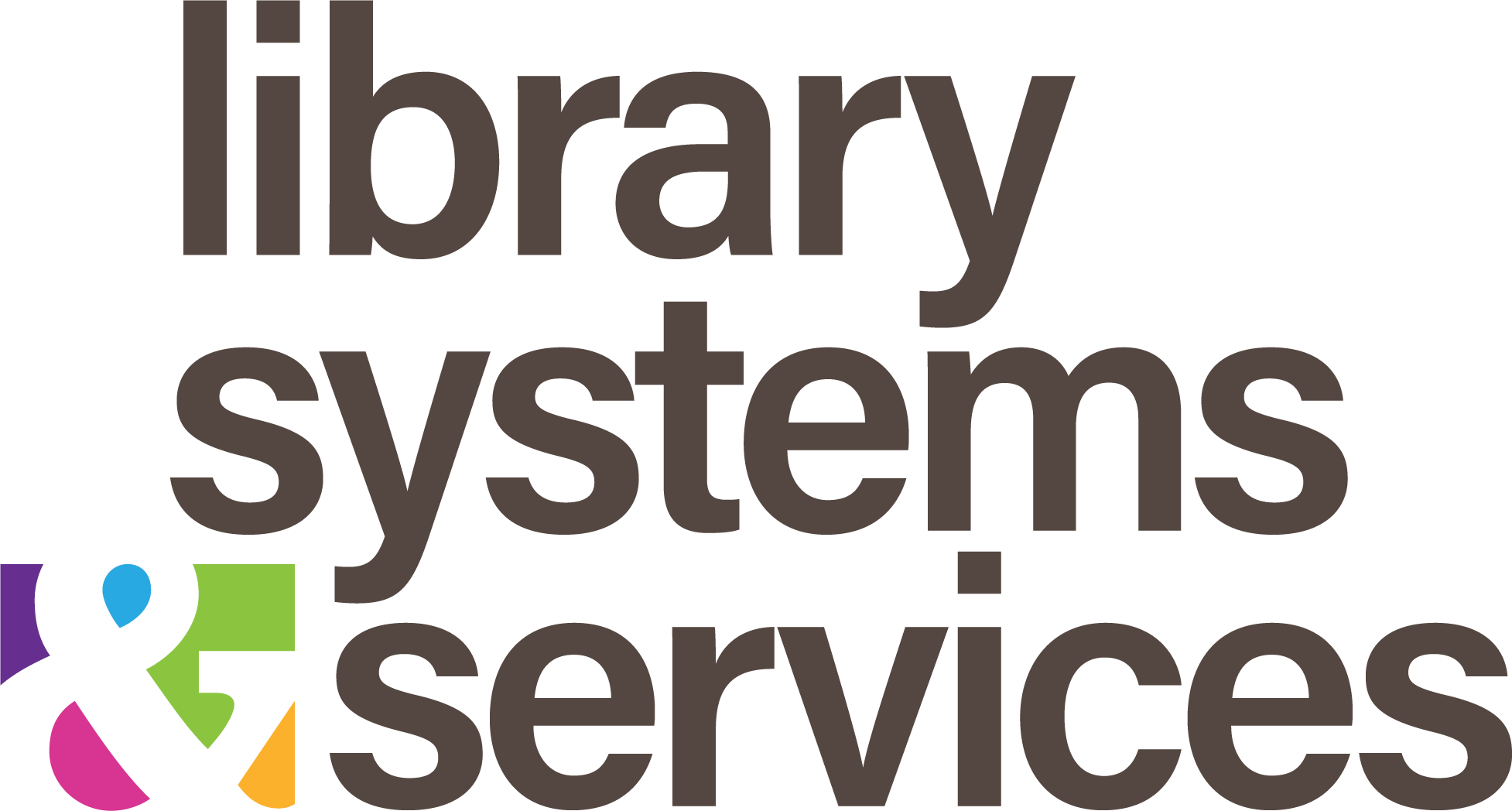AC&C Special Report: American cities & counties grapple with fallout from COVID-19
In early May, American City & County Editor Derek Prall discussed the social and economic impacts of the COVID-19 outbreak with Brooks Rainwater, director of the National League of Cities’ Center for City Solutions and Teryn Zmuda, deputy chief innovation officer and chief economist for the National Association of Counties’ County Innovations Lab.
This podcast is brought to you by Library Systems & Services.
Subscribe to us on Apple Podcasts or via SoundCloud.














It is both interesting and unsettling that the gauge for success in dealing with Covid-19 is case numbers and fatalities. While important, there are other key factors to judge success on particularly in light of the topic of economic impact. By using the 2 factors above, the presumptive assumption is that we are willing to do everything to reduce cases and save lives, but at what cost. We could certainly save lives if everyone chose not to drive or travel, and yet we all see that as an unreasonable expectation. For Covid-19, minimizing the number of cases presumes we will stay in shelter in place mode until there is a vaccine. Why is this the case? because with less than 1% of the US population having been infected we have done nothing to achieve herd immunity (see Sweden). The result is a relaxing of restrictions will in fact, by its very nature, result in an increase of cases. That said, is an increase of cases bad? The rational for the shelter in place restrictions was to assure hospital capacity would not be overwhelmed. We are now using a fraction of hospital capacity and furloughing hospital workers. So we have the capacity to deal with significantly more cases.
Certainly those in high risk categories should continue to shelter.
The economic consequences of a country in this mode however are dire, and affect in many ways our most economically vulnerable citizens. I would suggest a conversation and analysis with a change in how we gauge success against Covid-19 is overdue.